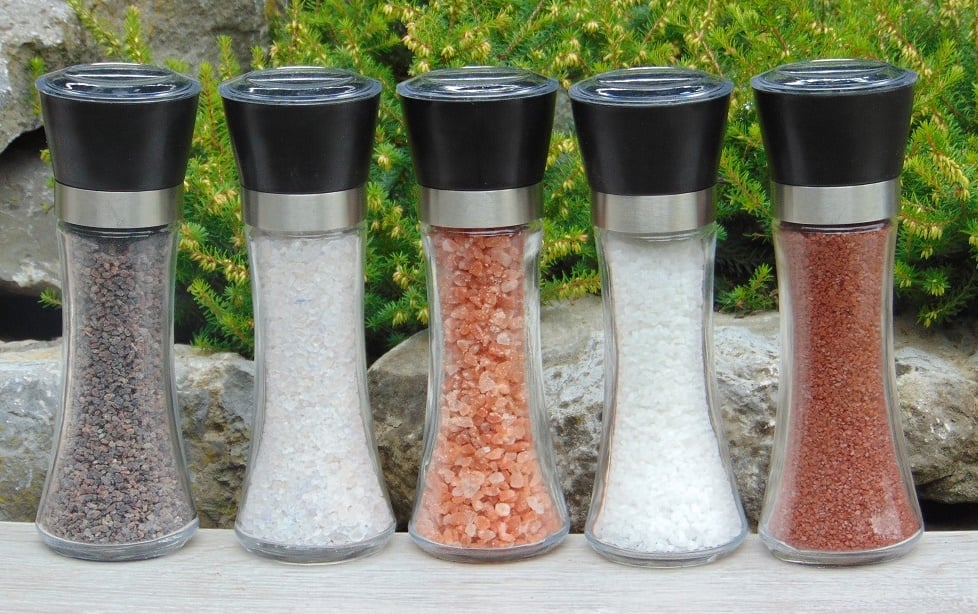White Label vs Private Label Manufacturing:

When it comes to white label vs private label manufacturing, there are definitely similarities. However, there are also some differences that should be discussed, especially if you want to sell products on your eCommerce website.
But if you want to start your own private label epsom salt business, you’ve come to the right place.
What Is A Private Label?
A private label is when a manufacturer exclusively produces products that are packaged and sold by a third party. This means you profit by selling the goods, and the third party profits when the goods are sold to consumers. Private labeling is commonly used across the eCommerce landscape for various reasons.
A private label allows a company or small startup to maximize profits. There is no need to develop a hefty marketing budget or plan. This will also be one of the biggest differences you will find between a white label and a private label.
When choosing a private label, you don’t have to process inventory or manufacture the goods yourself. This frees up more time for you to work on an eCommerce strategy to increase sales.
What Is A White Label?
A white label product is produced by one company that another then rebrands to make it look like they were the ones that made it. The name comes from the white label you often see on the packages of these products that can then be filled in with the marketer’s brand or logo.
The strategy of a white label uses the brand’s reputation to sell a product that is similar but less expensive to create. This allows the brand to reduce its manufacturing costs while enjoying the benefit of an already existing customer relationship. White labeling boosts your brand’s visibility, strengthens customer loyalty, and saves time and money.
Private Label Services Are Subcontracted
The terms become more interchangeable when it comes to the services offered by these labeling options. When you choose private labeling, you are essentially using a subcontractor.
Since you are the buyer, you have a say in what goes into the product, the process used, how the product is delivered, and what the labeling and packaging look like. You can also choose to have the products delivered directly to your customers.
Ultimately, private labeling allows you to control the product offerings and ensure everything is to your exact specifications. You control the process and still get the brand recognition you need to build your business.
However, compared to white labeling, private labeling takes more time to market, comes with increased process development time, and is often more expensive. If you’re ready to launch your own private label, we can help.
Contact us today to learn more about our services.
White Label Is A Reseller Of Services
On the other hand, when you choose a white label, you are reselling an already existing product to your customers that have been rebranded. This often leads to more overhead. However, it can still prove to be less expensive than private labels because you already have the product to sell, and it may already be a well-known brand that was previously not leveraged.
The biggest difference between white label vs private label, in this case, comes in the form of brand recognition. You get brand recognition in trade for communication issues when using white labeling. If not, you don’t get much brand recognition at all.
One Retailer vs Multiple Retailers
Another big difference between white label and private label manufacturing is the number of retailers involved. Under a white label agreement, the manufacturer sells a more generic product to retailers. That same generic product can then be sold to multiple retailers.
Under private label manufacturing, the arrangement between the buyer and the manufacturer is exclusive, meaning that just one retailer is involved.
White Label vs Private Label: Which Should You Choose?
If you have already created a product that is superior to any white label offering and you intend to market the product yourself and want to reduce manufacturing costs for low volume, then you should choose a private label.
However, if you want to get your product to market faster, don’t have a research and development budget, have a brand demand but no product, and don’t want to be an expert in this product, then you will want to choose white label.
Did you decide on private label manufacturing for your business? That’s great! Contact us today for a free quote and get ahead of the competition.
